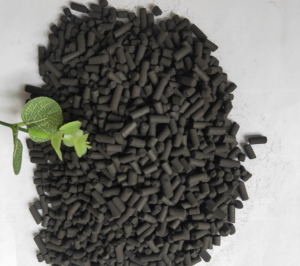Raw materials:
Tar charcoal: made from tar or petroleum asphalt, and obtained by high-temperature calcination. Tar is a viscous liquid extracted from coal or petroleum, containing many volatile organic matter and impurities.
Coal-based columnar charcoal: made by direct hot processing and compression of natural coal, and the raw materials and production process are different from tar charcoal.
Physical properties:
Tar charcoal: mostly black or brown-black in color, hard in texture, and smooth in surface. It has a light specific gravity, and the density is usually 0.8-1.5g/cm³, with certain mechanical strength and wear resistance.
Coal-based columnar charcoal: mostly black or dark gray in color, usually cylindrical or polygonal in shape, with a smooth surface. The density is usually between 1.4-1.8g/cm³, heavier than tar charcoal, and has better compression and penetration resistance.
Application:
Tar charcoal: Mainly used in metallurgy, chemical industry, machinery manufacturing and thermal energy fields, such as the production of cement, refractory materials, iron and steel making, etc.
Coal-based columnar charcoal: Mainly used in bituminous coal replacement, forging, chemical industry and other fields, such as the production of synthetic ammonia, hydrogen, synthetic phenolamines, etc. In addition, coal-based columnar charcoal can also be used as a raw material for biodiesel.
